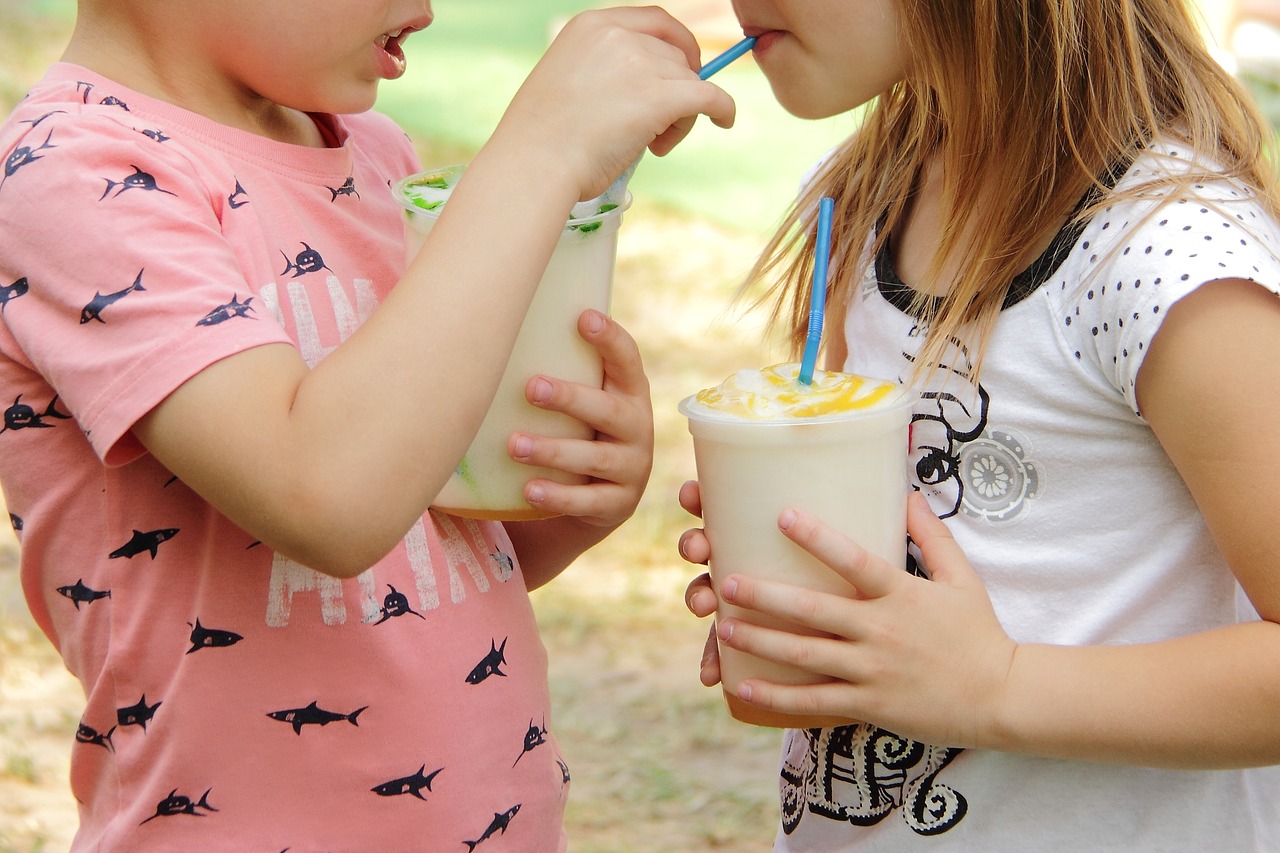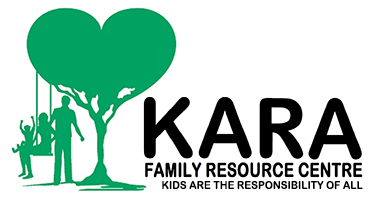
Have you ever been sick, and I mean really sick, with a toddler acting as your at-home doctor? Have you ever been bedridden as a parent and just been blown away by your child’s sense of ethics? Kindness or meanness? Notion of right or wrong?
Recently, I’ve been feeling under the weather. And I mean really under the weather. I’ve been bedridden for two months (it feels more like two years) and my only excursions from my blankets have been my very frequent trips to the washroom to feel the effects of nausea. My family has been there for me the entire time, and my children, have shown remarkable compassion.
They’ve been gentle, kind, and considerate. They’ve held my hand, brought me food (half-licked), and have done what I’ve asked on the first go. They’ve shown incredible honesty and dependability for being so young in age. They’ve shown great morality.
How on earth do they know how to do this?
What is Morality?
First off – let’s define morality. Morality, by the experts, is explained as knowing the difference between right and wrong, good or bad. Showing morality includes actions such as telling the truth, respecting other peoples’ property, showing courage, keeping your promises, not cheating, not judging, and being dependable.
Experts have always agreed that children as young as kindergarteners have shown morality, but what about kids younger than this? What about kids as young as babies?
When Does Morality Start?
It’s been some time since I’ve had a little baby but I do love to remember my tots this way. I do often look back at their early life development, whether for inspirational writing or for my own joy. So, let’s take a look at what the experts say on babies and morality. Maybe it makes itself known before those kindergarten years…
Psychologists at the University of Yale suggest babies as young as 3 months show morality. Incredible, right? How do they test for this? Babies that young are unable to talk or even point at objects. I was blown away when I read this. How could someone who has just learned to hold up their own head demonstrate morality? How could it be that they show their preference for good and bad at such a young age?
Well, I was dying to find out so I kept reading, and this is how they discovered their findings.
They showed babies a puppet show. Babies were a year old, six months old, or three months old.
The scene played out like this: A baby was shown two puppets and two bowls of food. One of the bowls contained cookies and the other, green beans. The baby was given the two bowls and had the chance to pick a small snack from one bowl. The baby chose a cookie (usually). Then, one of the puppets said it liked the cookies, and the other liked the beans. Next, the puppet show began. The baby watched as the cookie puppet played repeatedly with a ball, dropped the ball, and was returned the ball by another puppet, the helper puppet. Then the cookie puppet would play again with the ball, lose it, and on the other side was another puppet, the hinderer puppet, which stole the ball away.
Then, the show would end.
The baby was then presented with the two puppets, the helper and the hinderer. The vast majority of babies chose to snuggle with the helper. Some even gave the hinderer a smack on the head…
That is correct, even the three month old babies showed they knew the difference between right and wrong. Psychologists conducting the study suggested that this emphasizes babies are born with morality.
You can read about it here and watch it here. I also understand it’s been featured on Netflix’s Babies documentary series.
Where do We Come into Play?
So, taking this all in did open a big question for me, personally. If babies are born with this innate knowledge, do parents have a role? What if, by design, my baby’s sense of morality was, dare I say it, wrong? Could morality still be taught?
Well, the study goes on to find another interesting clue into baby design. What about the bean-loving puppet? This character did not identify with most babies. Do they still like him the same?
The experiment repeats. This time, the green bean puppet is the star. The ball is played with and lost, returned, and stolen.
The babies are then shown the helper and the hinderer. The babies chose the hinderer.
Another twist!
The psychologists conducting the study suggest this shows babies are born to show a likability for those similar to them. Characters they identify with are the ones they chose to love and/or protect. This holds true with many other studies conducted in older children and adults. As beings, we are programmed to show preference to other beings of similar taste. Makes sense I suppose, teenagers like other teenagers with the same taste in music. Adults like adults with the same taste in cars. Cookie babies like cookie puppets.
But I know my children like children that don’t have the same taste as them. My older son’s best friend likes the movie Cars. My son detests this movie, but still likes his friend. I am undoubtedly my younger son’s best friend. He shows kindness to me even though he can’t stand my preference for spicy food. If I chose green beans over cookies, would my children still show morality and be compassionate towards me? For the lack of a cookie-loving similarity, would my children still bring me half-eaten soup when I’m sick?
Luckily, yes. And this is why. The psychologists that conducted the study also tell the story that morality still needs to be taught, developed, and nurtured to fully develop. The green bean puppet story tells us this. Children do not go through life only liking those of similar taste. So this is where we, as parents, come in!
How do I Nurture Morality?
According to Psychology Today Canada (here), young children are egocentric, meaning they follow their impulses and wishes. If your child takes candy off the counter at a store without asking, it certainly doesn’t mean they are growing up without moral fibre. It just means they wanted the candy.
We see this behaviour in young children, a little less in older children, and a little less still in adults. What is happening as we age? Are we coming to learn more about the differences between right and wrong and that is what is guiding our impulses and wishes? Correct. We are learning.
And how do we learn? Through role modelling.
What to Teach and Model?
Not another blog about role modelling, right? I’ll keep it brief!
What do we want our kids to learn and how do we show them – four main categories and examples:
- Honesty
The best way to encourage honesty is by being honest. How many of us have taken our children to the movies or indoor jungle gym and said they were a different age than they truly are? Have you ever told someone your child is sick so you didn’t have to go on a play date? These little lies resonate with children. When your child hears them, even if given a thoughtful and considerate answer for why it was done, they are still seeing and hearing that sometimes it’s okay to lie and that lying is a natural part of life. The only way to correct this is to be honest even when it affects you negatively. You may have to pay more to watch a movie at the theatre, but your child is reaping the rewards for having heard something honest. This will help them learn that telling the truth is important, even if it affects them in a negative way.
- Justice
How do we remedy a situation in our lives that was our fault? My kids are fairly boisterous and competitive. These are normal and positive behaviours. They often disagree on things too. Again normal. Sometimes, they start to disagree with their arms and legs and a polite person would call it a tumbling match. As their Mom, I can see the difference between rough and tumble games and a battle over a toy. When you have a disagreement with someone, or have done something wrong, how do you make amends? We say sorry, we give hugs, or we do something kind for the other person. These actionable doings do more than just make the other person feel better. They teach justice. When someone has done something wrong, something is done to make it right. Making amends isn’t a consequence or penalty, but it is something done by the wrongdoer to show remorse. How do I model this? I make it right with actions. When one of my children has done something wrong, I also get them to make amends. As a Mom learning what works best for which child, I’ve learned that giving something of importance to them makes the most impact. My three year old gives cookies to apologize and my sensitive five year old give hugs. These favourites will change in the future so I will have to remain on top of my game.
- Consideration
Words and actions affect how other people feel. Kids pick up on this. When I’m sick, I’m already feeling stressed. A noisy household is hardly making me feel any better. So when my kids come see me, they talk quietly and do their best not to tackle or jump on me. How do they know to do this? I’ve deduced that my kids likely feel their most stressed out self when they are in a time-out. They’ve just done something wrong, need a minute to compose themselves, and are in their room replaying “the bad parts.” When I go in to see them, do I start shouting and bullying them? No, I sit down beside them and calmly have a little chat about actions and feelings. My actions towards their feelings in those moments maybe have more positive benefit than the words themselves. My children can see that actions affect their feelings. Push over their block tower? This action hurt their feelings. Give them a hug? This action boosts positive feelings. Good role modelling to teach consideration is critical.
- Love
Lastly, be generous with your affection. A busy day can get away from you but little affectionate gestures make a world of difference to a child. Big grand gestures are also fantastic but many little ones are the real winner when it comes to instilling affection in your child. Show them affection by showing love to others as well as them. Show affection to their other parent, grandparents, family, and friends. Never be too busy for a hug or to say you love them. Write them little notes to tell them how special they are to you and do the activities they like to do. Tell them you love them every night before bed. Once they hear it enough, they will start to say it back. By showing your love, you may be instilling perhaps the greatest value of all.
How do You Show Morality?
I certainly hope that you’ve had a good time reading this blog. Learning what I’ve learned has made me realize that my youngsters, even though amazingly born with a moral compass, have also gained a few tips along the way from me and the rest of their families. The only way I know how to continue teaching them is to teach them how I want to be treated. So give it a go with your child. They may bring you soup the next time you are sick – even if you like green beans!
